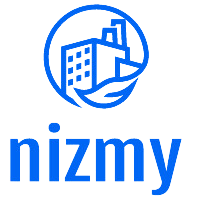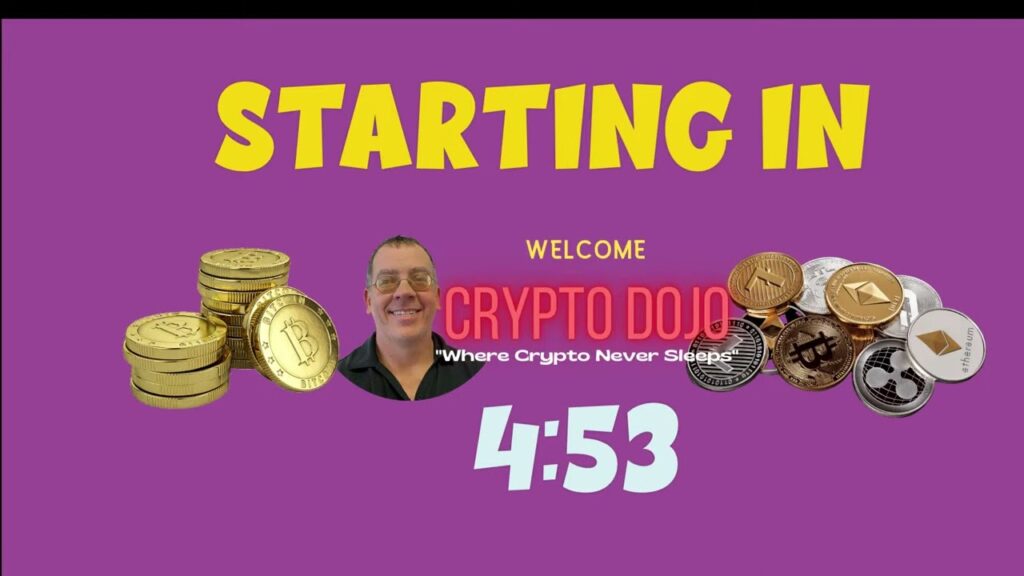Blockchain technology has revolutionized the way we handle financial transactions online. It offers a secure and decentralized platform for conducting transactions without the need for intermediaries. One of the key components of blockchain technology is the wallet, which acts as a digital storage space for your cryptocurrencies. However, with the increasing popularity of cryptocurrencies, the risk of cyberattacks on blockchain wallets has also increased. This makes it crucial for users to take necessary measures to secure their blockchain wallet IDs.
In this ultimate guide, we will dive deep into everything you need to know about securing your blockchain wallet ID. From understanding the importance of securing your wallet ID to practical tips on how to secure it, this guide will provide you with all the information you need to keep your digital assets safe.
Why Is Securing Your Blockchain Wallet ID Important?
Before we delve into the different ways to secure your blockchain wallet ID, let’s first understand why it is important to do so.
- Protect Your Digital Assets: Your blockchain wallet ID holds the private keys to your cryptocurrencies. If someone gains access to your wallet ID, they can easily transfer or steal your digital assets. By securing your wallet ID, you can protect your digital assets from hackers and cybercriminals.
- Prevent Unauthorized Access: Your blockchain wallet ID is like your bank account number. Just as you wouldn’t want anyone to access your bank account, you should also take steps to prevent unauthorized access to your wallet ID. This will ensure that only you have control over your digital assets.
- Avoid Loss of Funds: In the event of losing your wallet ID or getting hacked, you stand to lose all your digital assets forever. This is because unlike traditional banks, there is no way to retrieve lost or stolen cryptocurrencies. Thus, securing your wallet ID can help you avoid the loss of funds.
- Ensure Smooth Transactions: By securing your wallet ID, you can ensure smooth and seamless transactions without any delays or interruptions. This will also help you maintain a good reputation among other blockchain users, as they will see you as a responsible user who takes necessary security measures.
Now that we have established the importance of securing your blockchain wallet ID, let’s move on to the different ways to achieve it.
How to Secure Your Blockchain Wallet ID

- Choose a Reliable Wallet: The first step towards securing your blockchain wallet ID is to choose a reliable wallet. There are several types of wallets available in the market, each with its own level of security. While online wallets may offer convenience, they are more vulnerable to cyberattacks. On the other hand, hardware wallets provide an extra layer of security by storing your private keys offline. Evaluate your needs and choose a wallet that suits your requirements and offers adequate security.
- Use Strong Passwords: Just like any other online account, your blockchain wallet ID should be protected with a strong and unique password. Avoid using commonly used passwords or personal information that can be easily guessed. Instead, opt for a combination of upper and lower case letters, numbers, and symbols to create a strong password.
- Enable Two-Factor Authentication: Most wallets offer the option to enable two-factor authentication (2FA). This adds an extra layer of security to your wallet by requiring a code sent to your phone or email for every login attempt. This way, even if someone gets hold of your password, they won’t be able to access your wallet without the 2FA code.
- Keep Your Private Keys Safe: Your private keys are the most important piece of information when it comes to accessing your blockchain wallet. Make sure to keep them safe and never share them with anyone. Ideally, write them down on a piece of paper and store it in a secure location, away from prying eyes.
- Regularly Backup Your Wallet: In case of any unforeseen circumstances, it is important to regularly backup your blockchain wallet. This way, in case you lose access to your wallet or get hacked, you can restore your wallet using the backup and still have access to your digital assets.
- Stay Updated: As with any technology, blockchain also undergoes regular updates and improvements. Make sure to stay updated and install any patches or updates released by your wallet provider. These updates often include security fixes that can help protect your wallet from potential threats.
Comparisons for Securing Your Blockchain Wallet ID

When it comes to securing your blockchain wallet ID, there are different methods you can use. Let’s compare these methods to understand which one may be more suitable for you.
Online vs. Hardware Wallets
- Security: Online wallets are connected to the internet, making them vulnerable to cyberattacks. On the other hand, hardware wallets store your private keys offline, providing an extra layer of security.
- Convenience: Online wallets are easier to use and offer quick access to your funds. However, hardware wallets may require additional steps to access your funds, thus making them slightly less convenient.
- Cost: Online wallets are usually free, while hardware wallets come at a cost. However, the cost is negligible compared to the level of security they provide.
- Suitability: If you frequently transact using cryptocurrencies, online wallets may be more suitable for you. But if you’re looking for long-term storage of your digital assets, hardware wallets are a better option.
Passwords vs. Two-Factor Authentication
- Level of Protection: While passwords provide a certain level of security, 2FA adds an extra layer of protection as it requires a code sent to your phone or email for every login attempt.
- Ease of Use: Using a password is relatively easy, but remembering a strong and unique password for each account can be challenging. 2FA may require an additional step, but it offers better protection.
- Cost: Passwords are free to use, while some 2FA methods may come at a cost. However, the added security is worth the cost.
- Suitability: If you’re looking for a simple and cost-effective way to secure your wallet, passwords may be suitable. But if you want maximum protection, 2FA is the way to go.
How to Use The Ultimate Guide to Securing Your Blockchain Wallet ID
This ultimate guide can serve as a comprehensive resource for anyone looking to understand the importance of securing their blockchain wallet ID and how to achieve it. By following the tips and techniques mentioned in this guide, users can ensure the safety of their digital assets and enjoy a seamless and secure experience while transacting using cryptocurrencies.
Examples for Securing Your Blockchain Wallet ID
To further understand the importance of securing your blockchain wallet ID, let’s look at some real-life examples of people who have fallen victim to cyberattacks and lost their digital assets due to lack of proper security measures.
- Mt. Gox Hack: In 2014, Mt. Gox, one of the largest Bitcoin exchanges at the time, was hacked, resulting in the loss of over 850,000 bitcoins. It was later revealed that the hack was possible due to poor security measures, including storing private keys online and not regularly updating the system.
- Parity Wallet Hack: In 2017, the Parity multi-sig wallet was hacked, resulting in the loss of over $30 million worth of Ethereum. The hack was caused by a vulnerability in the code, which allowed the hacker to gain control of the wallet and transfer the funds to their own account.
These are just a few examples of how crucial it is to secure your blockchain wallet ID to avoid losing your digital assets.
FAQs
Q: Can I retrieve my lost or stolen cryptocurrencies?
A: No, unlike traditional banks, there is no way to retrieve lost or stolen cryptocurrencies.
Q: Is it necessary to backup my wallet?
A: Yes, in case you lose access to your wallet or get hacked, a backup will help you restore your wallet and access your digital assets.
Q: How often should I update my wallet?
A: It is recommended to regularly check for updates and install them as soon as they are released to ensure the security of your wallet.
Q: Can I use the same password for all my online accounts?
A: It is highly recommended to use unique and strong passwords for each account to avoid any potential security breaches.
Q: Do I need a hardware wallet if I have a small amount of digital assets?
A: While a hardware wallet may come at a cost, it provides an extra layer of security and is suitable for long-term storage of your digital assets. So, even if you have a small amount, it is advisable to invest in a hardware wallet for maximum protection.
Conclusion
Securing your blockchain wallet ID is crucial to protect your digital assets from cyberattacks and unauthorized access. By following the tips and techniques mentioned in this ultimate guide, you can ensure the safety of your wallet and enjoy a seamless experience while transacting using cryptocurrencies. Remember to choose a reliable wallet, use strong passwords and 2FA, keep your private keys safe, regularly backup your wallet, and stay updated to keep your digital assets secure. With proper security measures in place, you can confidently use your blockchain wallet without worrying about losing your digital assets.

